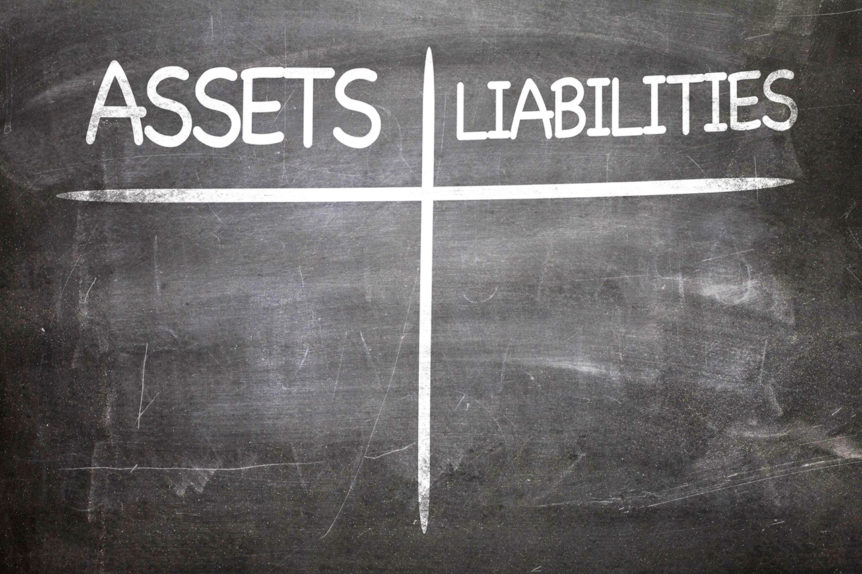In the current climate, you are probably wondering: what is happening to your wealth?
Here’s a great starting point for checking your net financial worth: my free Wealth Portal that you can access at any time.
The Value of Your Assets
To start with, input the value of items held in your name: your current assets. This can include your car, home, shares, managed funds, investment properties and superannuation.
The value of your property can be determined by reviewing the latest housing data and coming to an average based on what you paid and when, and what you’ve observed is happening to similar properties around you. Or the Wealth Portal will provide the latest data from CoreLogic when you input your address in the assets section.
Money You Owe
Next, input detail of your liabilities, the money you owe to others.
Make sure you list absolutely everything that you owe, including your mortgage, loans and credit card debts. This includes any “buy now, pay later” services that will be paid with credit – under “credit cards”.
Your Progress Check
Finally, perform the “Your progress check”.
If the value of your assets is still higher than the value of your liabilities, or if the amounts are roughly equal, you’re in the positive.
However, if this figure is negative, it could point to a sign that you have a problem with debt. Big “no-nos” are borrowing for experiences such as holidays, or for assets that are immediately worth less than what you paid for them, such as cars. Think about how quickly the value of your car has fallen and compare this with how much you may still owe on it.
Or perhaps this negative figure reflects the fact you are over-indebted on your property and exposed to the market downturn. Though only a small number of households are in negative equity – defined as owing a mortgage debt more than the property is worth – that number is creeping up. People who bought more recently, when prices were over-inflated, are the most vulnerable.
Improve Your Financial Position
Whatever the case, remember: don’t owe, own. The faster you do this, the less money you leak and the more you get to keep.
In fact, the amount of interest you can save could be massive. For example, the typical $400,000 mortgage at an average 4 per cent interest rate, and scheduled 25 years of repayments, will end up costing $633,000. However, if you knock it over in just 10 years, your outlay falls to $485,000 – almost a $150,000 improvement.
Clear your mortgage fast and you can start adding that money to the positive side of your life.
Need Help to Improve Your Net Worth?
If you’d like to discuss your individual finances further, and ways you can improve your net worth, please don’t hesitate to contact me.

